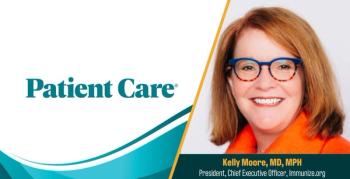
PCPs Report Status as Lockdown Lifts: Results from a National Primary Care Survey
Worry is mounting among PCPs about what’s coming after the initial COVID-19 pandemic wave, suggest results from week 8 of the Primary Care Collaborative’s Primary Care & COVID-19 Survey.
The Primary Care Collaborative released the
Newsletter
Enhance your clinical practice with the Patient Care newsletter, offering the latest evidence-based guidelines, diagnostic insights, and treatment strategies for primary care physicians.
































































































































